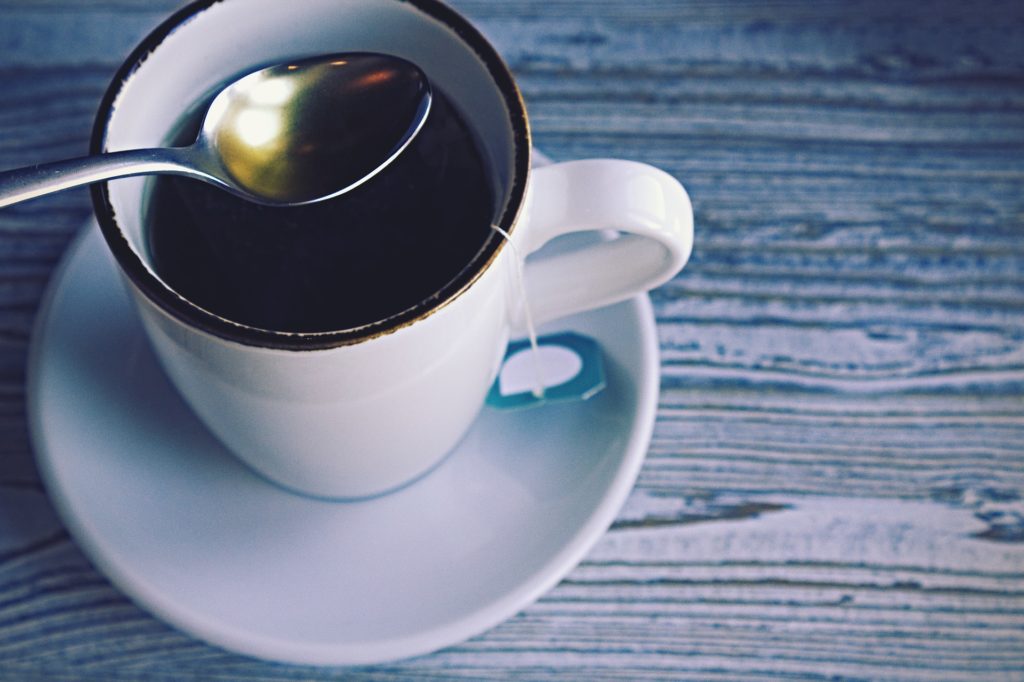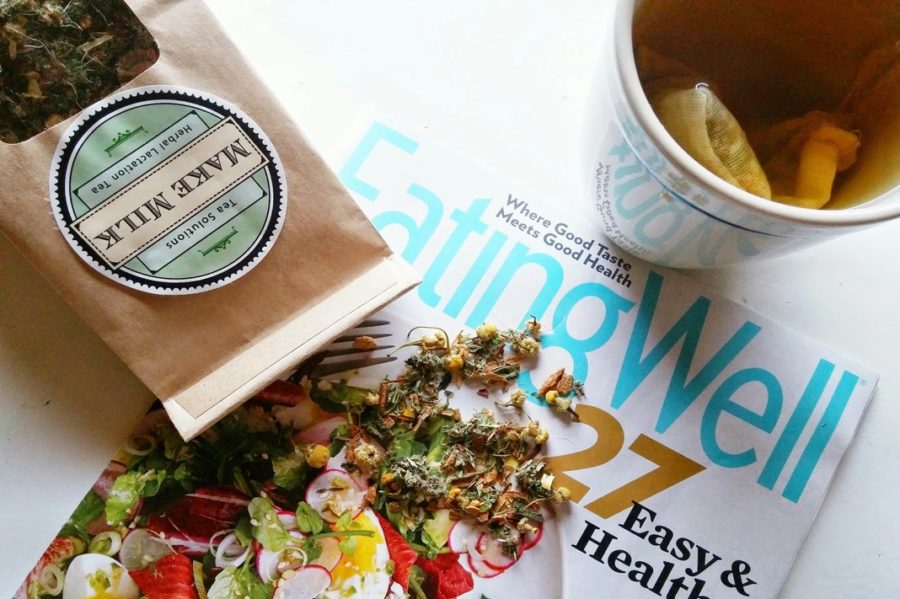The best source of nutrition for newborns is breast milk and new mothers do whatever they can to make sure their milk supplies are adequate. But let’s face it – breastfeeding is complicated and there will be days when your supply of breast milk won’t be as nutritious as you’d want it to be. Nonetheless, you don’t need to lose hope as there are so many products on the market today that can help boost lactation. Lactation tea is one such product that is gaining popularity among nursing mums. Lactation teas have deemed a solution for boosting milk production. But what’s lactation tea, and is it safe?
What Is Lactation Tea?
Lactation tea is a combination of different herbs that may be consumed many times daily during the postpartum period. It is claimed as a supplement to increase the supply of breast milk. While further work in this field is required, as there is little scientific data on the tea. Various mothers say that lactation tea has caused increased milk supplies and there is substantial anecdotal evidence.

Does Lactation Tea Really Work?
You already have a relative or a neighbor raving about lactation tea benefits. Well, I put my nurses’ hat and could not find a medical study about the effectiveness of lactation tea when researching this piece. Since these teas are considered supplements, the Food and Drug Administration does not regulate them and thus do not need to provide proof of its results.
Nevertheless, most teas without lactation contain caffeine and small quantities of herbs and are most likely to be tried safely. However, always check with your doctor if you have any questions. By the way, these foods should be avoided during breastfeeding.
Is Lactation Tea Safe for Mother and Child?
Because the product is not researched, the effects of the herbal products and herbs used in lactation tea are not clear. Many herbs may be healthy, but not all possible effects on the breastfeeding and pregnancy of the women are not understood.
Therefore, before you start using herbal tea to improve your breast milk supplement, you always have to talk to your doctor about lactation tea or all other herbal products. If you are planning to consume herbal blends, be sure to avoid certain herbs that are considered unsafe for the mother and the baby while breast-feeding.

Herbs Used In Lactation Tea
Fenugreek, blessed thistle, fennel, stinging nettle, goat’s rue, moringa, and milk thistle are some of the common herbs used in lactation Teas.
1. Fenugreek
This is a herb with a similar flavor to that of maple syrup. While a lot of work still needs to be done on fenugreek, only limited studies indicate that milk production will increase. Nevertheless, during pregnancy, it should be prevented, as it can trigger uterine contractions. (In addition, there is some concern that fenugreek can act like estrogen and be unsafe for women with hormone-sensitive cancers.)
2. Fennel
In order to be reliable for increased lactation, insufficient work has been performed. Though two small studies have been found, the volume of milk may increase.
3. Goat’s rue
In addition to its potential lactation benefits, the liver, mystical gland, and digestion are believed to be beneficial. While studies on Goat’s Rue were small and more work is needed to demonstrate the benefits of its milk production, it is believed to be a well-tolerated herb.
4. Moringa
For many years it has been popular around the world, yet recently in North America, it has been well-known. The herb has been tested on animals, but there is a need for human studies, due to its quality of nutrients, antioxidants, and anti-inflammatory effects. To date, there have not been many reports of side effects.
5. Milk thistle
It’s another herb that has been considered healthy for the liver, muscles, and brain. Much like other herbs found in lactation teas, only a few research studies have been performed to demonstrate its effectiveness. Regardless of the lack of information on its side effects, it is usually recommended that women who are pregnant avoid this herb.
6. Stinging Nettle
The herb is full of antioxidants and nutrients. Blood pressure and inflammation are known to be lower. Although pregnant women should not be consuming stinging nettle, there are anecdotal stories about the herb’s ability to improve milk production. Yet this one lacks work too, like all the other herbs.
How To Use Lactation Tea?
In general, lactic tea is brewed like most teas (i.e. use hot water, steep herbs, and drink) whilst you always follow the specific directions that come with your lactating tea. Like most teas, one cup at a time or a largely consumable batch of lactation tea can be brewed over time.
Typically it can be sweetened, iced, or incorporated other flavors. In general, 1 to 3 cups a day are suggested, but always be mindful of how much your particular form of tea is recommended.
Homemade Lactation Tea Recipe
To make this tea, you’ll need an airtight container and a teapot or tea ball. In natural health food stores or online, you will get most of these ingredients.
Ingredients:
- Dried red raspberry leaf – 1/2 cup
- Fennel seed – 1/4 cup
- Dried lemon verbena – 1/2 cup
- Dried blessed thistle – 1/4 cup
- Fenugreek seed – 1/4 cup
- Dried nettle leaf – 1/2 cup
How To Make
- Combine all of these ingredients and store the mixture in a jar until ready to be used.
- Take 1 teaspoon of the mixture for each cup of water. Use a separate tea bag or tea infuser ball to make one cup. Measure the mixture by how many cups of water you intend to use if you are bringing a teapot.
- In a teapot, take approximately 1.5 cups of water and allow it to boil. Add 1 tsp of blended herbs and add to the water so that the tea can get steep for 5 minutes.
- Remove the tea bag or infuser and drink your tea! You can drink 3 cups of tea every day to maximize the effect.
A bulk load of the lactation tea blend is always best done and stored in an airtight container and used whenever necessary. The taste of organic lactation tea is sweet, spicy, and herbaceous, and you can drink it with a lemon wedge or apple juice if you are not pleased with your taste.
Breastfeeding is one of a kind and personal experience. There are plenty of ways to seek for women who want to increase their milk production like lactation teas.
Lactation tea may not be the answer for every person to get the perfect milk flow. Yet work is not clear whether it will increase the production of milk in a scientific way.
Nonetheless, if you stick to a source in which you feel confident, consume a regular volume, and make sure you avoid allergens. You’ll have some extra hydration and nutrients — and maybe a happy moment for yourself!
Also Read: Diet Guide For Breastfeeding Mothers













